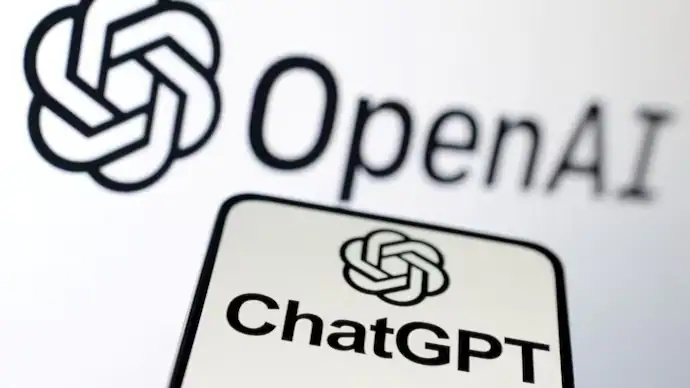OpenAI Links AI 'Hallucinations' to Incentives in Breakthrough Research

OpenAI Reveals Root Cause of AI Hallucinations
OpenAI has published a pivotal research paper identifying the core reason why large language models (LLMs)—like GPT-5 and ChatGPT—generate so-called "hallucinations," or convincing falsehoods. The study, released on September 7, 2025, finds that the primary driver of these hallucinations is the incentive structure built into current pretraining and evaluation methods, where models are rewarded for word prediction rather than factual accuracy[4].
Why This Matters
For years, AI-generated hallucinations have undermined trust and limited adoption of LLMs in sensitive domains. Until now, most efforts to reduce this issue have focused on post-processing, prompt engineering, or fine-tuning, rather than addressing the underlying incentives that steer model behavior[4].
New Benchmarking Proposal: Prioritizing Uncertainty
The OpenAI team proposes an industry-wide shift in benchmarking practices. Instead of merely tallying correct responses, they recommend penalizing models for confidently providing incorrect answers and rewarding them for expressing uncertainty when unsure—mirroring scoring systems on standardized human tests like the SAT. Preliminary tests suggest this approach significantly reduces false outputs without harming model utility[4].
Implications: Toward Honest and Reliable AI
If widely adopted, these reforms could drive the next era of trustworthy AI. Leading experts emphasize this research as a foundation for more honest, calibrated, and ethically aligned language models, which is critical as LLMs are rapidly being incorporated into finance, healthcare, and legal sectors. OpenAI researchers further argue for transparent uncertainty reporting tools to help users gauge when high-stakes decisions require human review[4].
Future Directions
The academic community and major vendors are already debating adoption. Some call for immediate integration into LLM evaluation pipelines, while others highlight the challenge of calibrating uncertainty across diverse languages and cultures. As AI systems become increasingly ubiquitous, OpenAI’s research may become a new standard for safe and responsible AI deployment.
How Communities View OpenAI's Hallucination Research
OpenAI's findings on the root causes of AI hallucinations are sparking intense debate across X (Twitter) and AI-focused subreddits.
-
AI Trust Advocates (45%): Users like @ai_ethicsprof hail the research as 'the key to finally building honest AI systems.' These advocates stress the potential for reducing dangerous misinformation in fields like health and finance, and call on Google's Gemini, Anthropic's Claude, and open-source model teams to quickly adopt uncertainty-aware benchmarks.
-
Skeptics and Critics (25%): Posters such as @llm_reality_check voice skepticism about how practical the benchmark reforms will be, questioning calibration across domains and warning against relying on self-reported uncertainty. Common on r/MachineLearning are threads raising technical concerns about models "gaming" scoring systems without real improvements in truthfulness.
-
Industry Observers and Builders (20%): Notable researchers like @simonw and enterprise engineers on r/LocalLlama dissect implementation details. They discuss the impact on product design—especially for high-stakes AI tools, with many viewing the paper as a must-read toolkit for any responsible AI stack.
-
General Public (10%): Many lay users express cautious hope, noting that "AI making stuff up" is their biggest hesitation in using chatbots. Some also express frustration, asking why this kind of evaluation wasn't prioritized sooner.
Overall community sentiment is predominantly positive, with widespread agreement that OpenAI's research is a big step forward for trustworthy AI, but with realism about the complexity of translating academic benchmarks into real-world practices.